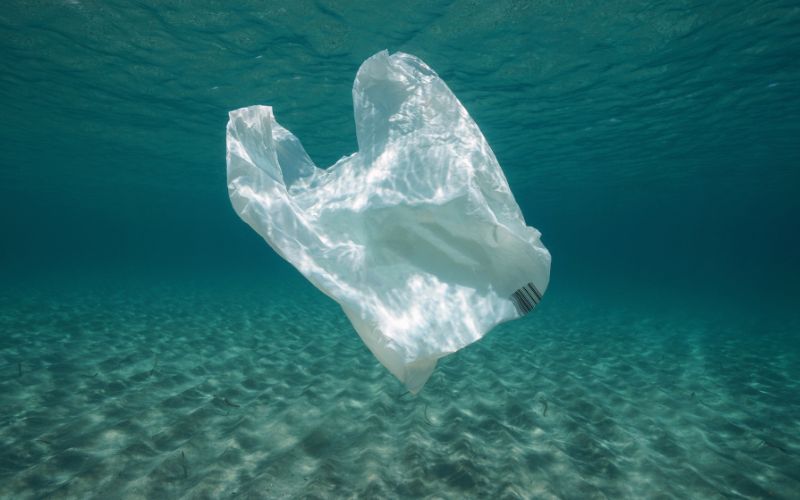In the 21st century, plastics have become an integral part of our daily lives. From packaging materials to medical devices, from automobiles to electronics, plastics are everywhere. However, the convenience that plastics offer comes with a significant environmental cost. As the world grapples with plastic pollution, the focus has shifted towards sustainability and innovation in the plastics industry. This blog explores the future of plastics through the lenses of sustainability and technological advancement.
The Environmental Challenge
Plastic pollution is one of the most pressing environmental issues of our time. Each year, millions of tons of plastic waste end up in our oceans, rivers, and landscapes, causing severe harm to wildlife and ecosystems. Traditional plastics, derived from fossil fuels, take hundreds of years to decompose, leading to long-term environmental damage. The alarming accumulation of plastic waste has prompted global calls for more sustainable practices and materials.
The Rise of Biodegradable Plastics
One of the most promising solutions to the plastic crisis is the development of biodegradable plastics. Unlike conventional plastics, biodegradable plastics are designed to break down more quickly and safely in the environment. Made from renewable resources like cornstarch, sugarcane, and other plant-based materials, these plastics can significantly reduce the environmental impact. Companies and researchers are continuously working on improving the performance and scalability of biodegradable plastics, making them a viable alternative for a wide range of applications.
Innovations in Recycling Technologies
Recycling is a crucial component of a sustainable plastic economy. Advances in recycling technologies are making it possible to recycle plastics more efficiently and effectively. Chemical recycling, for instance, involves breaking down plastic waste into its original monomers, which can then be used to produce new plastics of the same quality as virgin materials. This technology has the potential to create a closed-loop system where plastics are continuously recycled, reducing the need for new plastic production and minimizing waste.
Circular Economy and Plastic Management
The concept of a circular economy is gaining traction as a sustainable approach to plastic management. In a circular economy, products and materials are kept in use for as long as possible, and waste is minimized through recycling, reusing, and repurposing. For plastics, this means designing products that are easier to recycle, promoting the use of recycled materials, and creating systems for efficient waste collection and processing. Governments, businesses, and consumers all have a role to play in making the circular economy a reality.
Policy and Corporate Responsibility
Governments around the world are implementing policies to address plastic pollution. Bans on single-use plastics, extended producer responsibility (EPR) programs, and plastic bag levies are some of the measures being taken to reduce plastic waste. Corporations are also stepping up their efforts, with many committing to using more sustainable materials, reducing plastic packaging, and investing in recycling infrastructure. These initiatives are crucial for driving systemic change and fostering a more sustainable future.
Consumer Awareness and Action
Consumers have a powerful role in driving demand for sustainable plastics. By making conscious choices, such as opting for products with minimal or eco-friendly packaging, participating in recycling programs, and supporting companies that prioritize sustainability, individuals can contribute to reducing plastic pollution. Education and awareness campaigns are essential to inform consumers about the environmental impact of plastics and the importance of sustainable practices.
The Role of Innovation
Innovation is at the heart of creating a sustainable future for plastics. Researchers and entrepreneurs are developing new materials, technologies, and business models to address the plastic crisis. From plant-based alternatives to plastics to advanced recycling techniques, these innovations hold the promise of transforming the plastic industry. Collaboration between scientists, engineers, policymakers, and industry leaders is key to accelerating these advancements and bringing sustainable solutions to market.
Conclusion
The future of plastics hinges on our ability to innovate and adopt sustainable practices. By embracing biodegradable materials, advancing recycling technologies, promoting a circular economy, implementing effective policies, and raising consumer awareness, we can create a world where plastics no longer pose a threat to our environment. The journey towards sustainable plastics is a collective effort, and with continued innovation and commitment, we can build a more sustainable future for generations to come.


